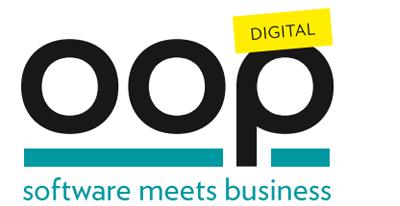Please note:
On this page you will only see the English-language presentations of the conference. You can find all conference sessions, including the German speaking ones, here.
The times given in the conference program of OOP 2023 Digital correspond to Central European Time (CET).
By clicking on "VORTRAG MERKEN" within the lecture descriptions you can arrange your own schedule. You can view your schedule at any time using the icon in the upper right corner.
Track: Social Integration
- Dienstag
07.02. - Donnerstag
09.02.
"If you can't measure it, you can't improve it." Although it is (relatively) easy to measure objectively quantifiable decision criteria such as profit, how does one measure "soft" attributes, such as psychological safety or team dynamics, to judge an intervention's success?
This talk will present insights into the practical application of leading-edge research into what makes intelligent, high-performing teams and organisations, exploring the science behind the current buzzwords of…
In recent decades, our scientific and clinical understanding of how our nervous system works has increased tremendously. I’ve recently completed an education for trauma-informed work (NARM informed professional). It has changed many key aspects of how I teach and coach and will continue to have a large impact.
In this session, I’m presenting those key learnings, connecting them to well-known parts of Agile knowledge and inviting into a discussion of what a more trauma-informed approach to…
"We're looking for passionate programmers!" says the job ad. Passion is used to evoke single-mindedness, drive and intensity. There is more than one kind of passion, and when raw passion is tempered with compassion and dispassion, we start to see a more balanced way of development.
Good development draws on both creativity and rationality, on both experience and experimentation, on both focus and connection, on both individual skill and group intelligence. Let's explore the many passions of…
You have emotions? Congrats, you are a (professional) human being! Now, how can you actually handle your emotions smartly in our still tech- & tool-focused IT world?
In professional situations like:
- dealing with human "legacy experiences"
- integrating "personal silos"
- interacting with ease with other human beings
- tackling stressful situations (e.g. conflicts) within a team
This session offers a set of science-based, pragmatic tools that are (almost) always accessible - like a Swiss…

